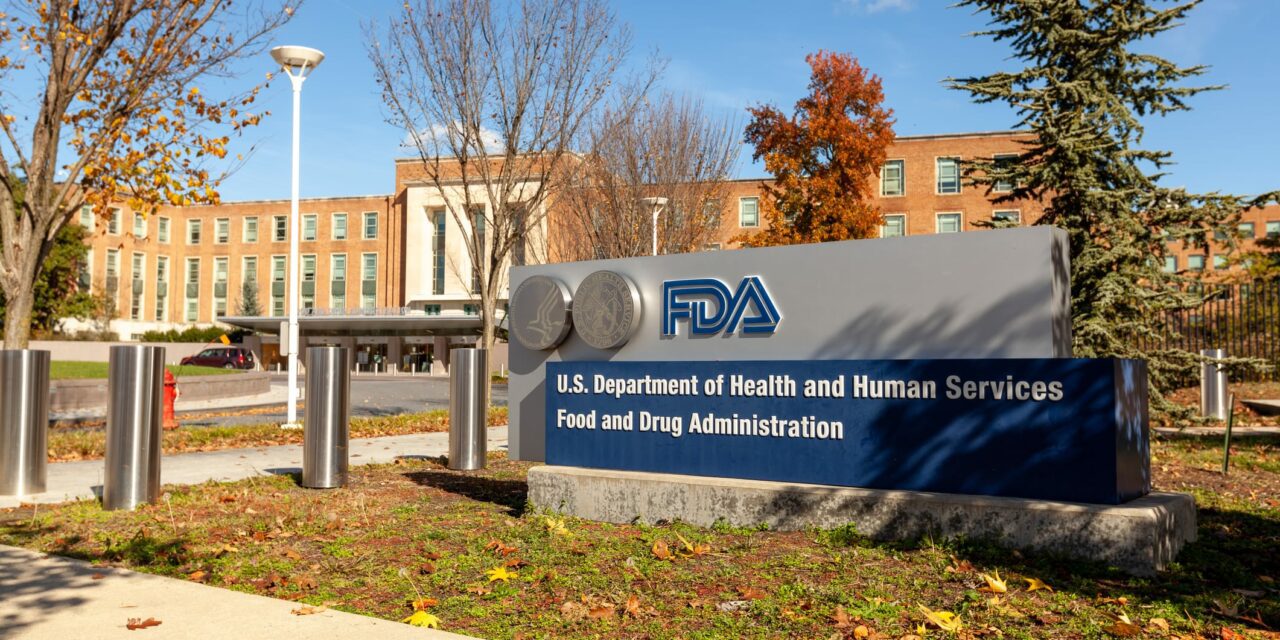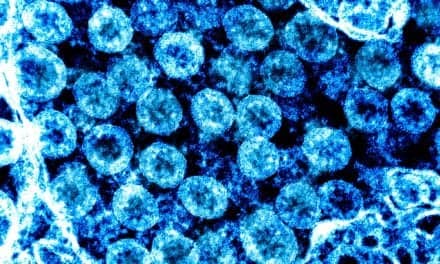The US Food and Drug Administration (FDA) has granted Fast Track designation for EDP-323, Enanta Pharmaceuticals Inc’s L-protein inhibitor in development for the treatment of respiratory syncytial virus (RSV).
“Receiving Fast Track designation from the FDA underscores EDP-323’s potential as a once-daily, oral therapeutic for the treatment of this deadly virus and reflects the pressing need for a highly potent, direct antiviral to treat RSV, particularly for high-risk populations,” says Scott T. Rottinghaus, MD, senior vice president and chief medical officer of Enanta Pharmaceuticals, in a press release. “Given that EDP-323 has shown sub-nanomolar potency against several RSV-A and RSV-B strains in vitro and is not expected to have cross-resistance to other classes of inhibitors, we believe it could be used as a monotherapy or in combination with other RSV mechanisms to potentially broaden the addressable RSV patient populations or the treatment window. We believe this designation will be a valuable component of our clinical and regulatory strategy as we progress EDP-323 in development.”
The Fast Track program is designed to accelerate the development and review of products such as EDP-323, which are intended to treat serious diseases and for which there is an unmet medical need. Fast Track designation enables more frequent communication with the FDA and eligibility for FDA programs such as priority review and rolling review, if relevant criteria are met.
EDP-323 is being evaluated in a phase 1 double-blind, placebo-controlled study designed to assess its safety, tolerability, and pharmacokinetics. Enanta plans to present new preclinical pharmacokinetics data at the European Congress of Clinical Microbiology and Infectious Diseases in April and expects to report topline data from the phase 1 study this quarter.
EDP-323 is supported by in vitro data demonstrating a significant reduction in RSV replication with picomolar potency in primary human bronchial epithelial cells against RSV A and B, with consistent potency across a range of RSV clinical isolates in various cell types.
In a mouse model of RSV infection, EDP-323 treatment was associated with dose-dependent decreases in viral load in the lung, reduced lung immunopathology, and decreases in pro-inflammatory cytokines, including IFNγ, TNFα, and IL1β. Additionally, EDP-323 has favorable oral bioavailability with good plasma exposures across preclinical species and pharmacokinetic properties supporting once-daily oral dosing in humans.
These data indicate that EDP-323 is a potent inhibitor of RSV replication and has the potential to be a best-in-class, once-daily oral antiviral treatment for RSV, according to a press release from the company.










